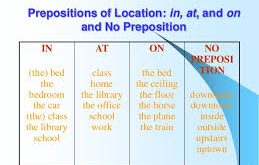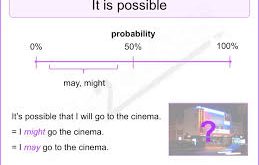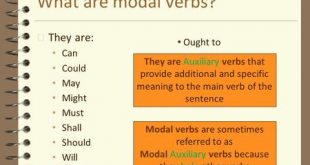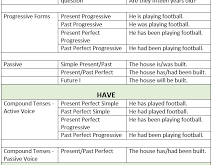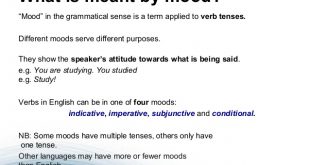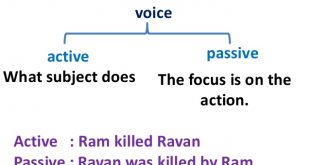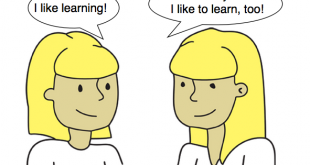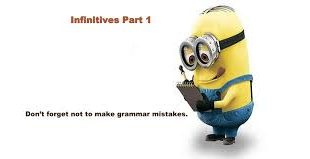Of Used for belonging to, relating to, or connected with: The secret of this game is that you can’t ever win. The highlight of the show is at the end. The first page of the book describes the author’s profile. Don’t touch it. That’s the bag of my friend’s sister. …
Read More »Prepositions “On,” “At,” and “In”
A preposition is a word that links a noun, pronoun, or noun phrase to some other part of the sentence. Prepositions can be tricky for English learners. There is no definite rule or formula for choosing a preposition. In the beginning stage of learning the language, you should try to …
Read More »Auxiliary Verbs “Can/Could” and “May/Might/Must”
Can Used to express ability (to be able to do something): I can make jewelry. He can’t speak French. Can you open this jar? Used to ask for permission: Can I use your bathroom? Can I leave now? Can I raise the volume? Used to make requests or suggestions: Can …
Read More »Auxiliary Verbs “Will/Would” and “Shall/Should”
The verbs will, would, shall, should, can, could, may, might, and must cannot be the main (full) verbs alone. They are used as auxiliary verbs only and always need a main verb to follow. Will Used to express desire, preference, choice, or consent: I will take this duty. Will you …
Read More »Auxiliary Verbs “Be,” “Do,” “Have”
An auxiliary verb helps the main (full) verb and is also called a “helping verb.” With auxiliary verbs, you can write sentences in different tenses, moods, or voices. Auxiliary verbs are: be, do, have, will, shall, would, should, can, could, may, might, must, ought, etc. I think I should study …
Read More »Mood for Grammar
A mood shows the writer’s attitude toward what he/she is saying. Indicative Mood states an actuality or fact. We will go to see a movie this Sunday. I’ll follow you. Imperative Mood makes a request. Let’s go to see a movie this weekend! Please stop bugging me! Subjunctive Mood expresses …
Read More »Active Voice and Passive Voice
Verbs are either active or passive in voice. In the active voice, the subject and verb relationship is straightforward: the subject is a do-er. In the passive voice, the subject of the sentence is not a do-er. It is shown with by + do-er or is not shown in the …
Read More »Infinitives Part 2
Commonly, an infinitive is used with the subject it. The sentence structure is “It is + infinitive.…” It refers to the infinitive. This expression is used in many ways. It is time to do math. It is common to think that way. It is appropriate to keep a low profile. …
Read More »Infinitives Part 1
An infinitive is a verb combined with the word to. Most often, an infinitive acts as a noun in the sentence. Less frequently, it acts as an adjective or an adverb. I want to go home early today. I hope to be chosen as a member. I prefer to go …
Read More »Gerunds
A gerund (verb + ing) acts like a noun in a sentence. Seeing is believing. Running a marathon is not an easy thing to do. Watching TV is sometimes harmful. Eating is always fun. My hobby is painting. She loves babysitting her sister. I like listening to music. I wasted …
Read More »
